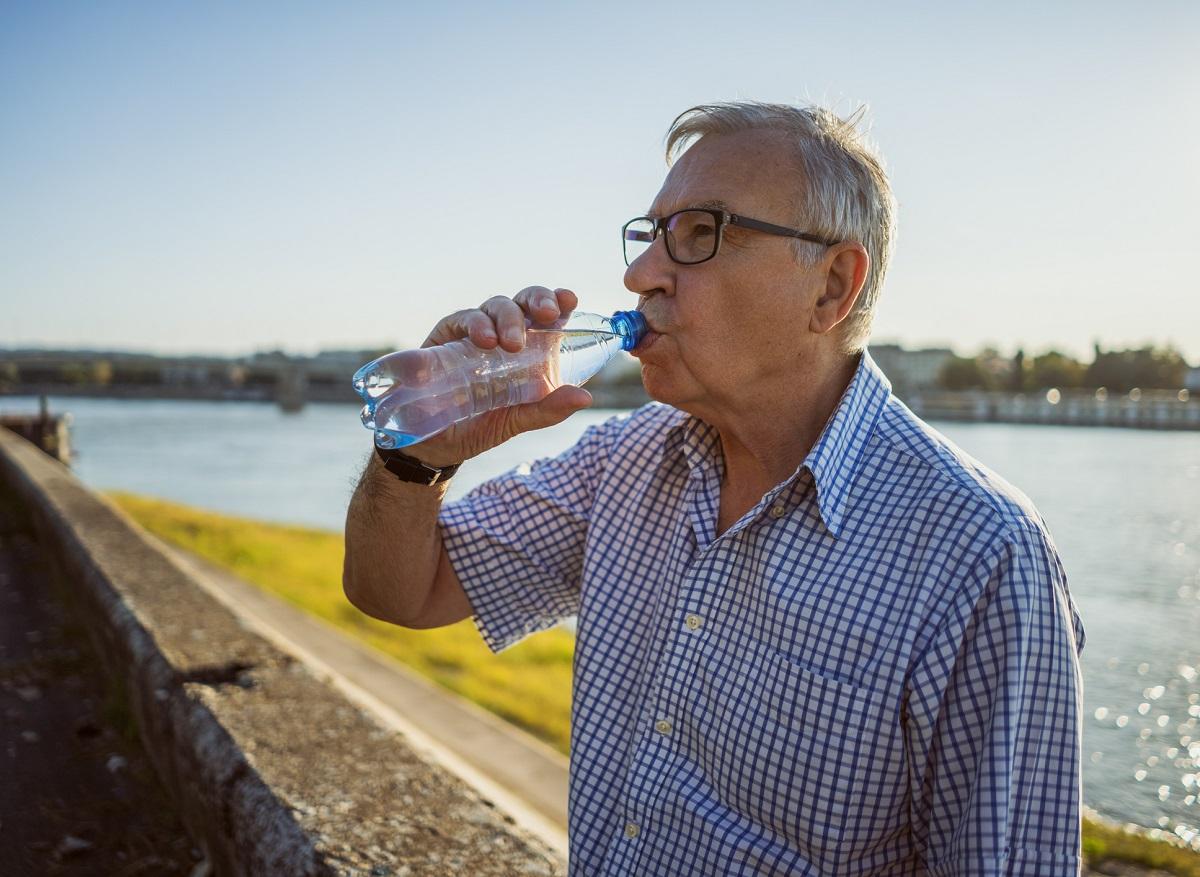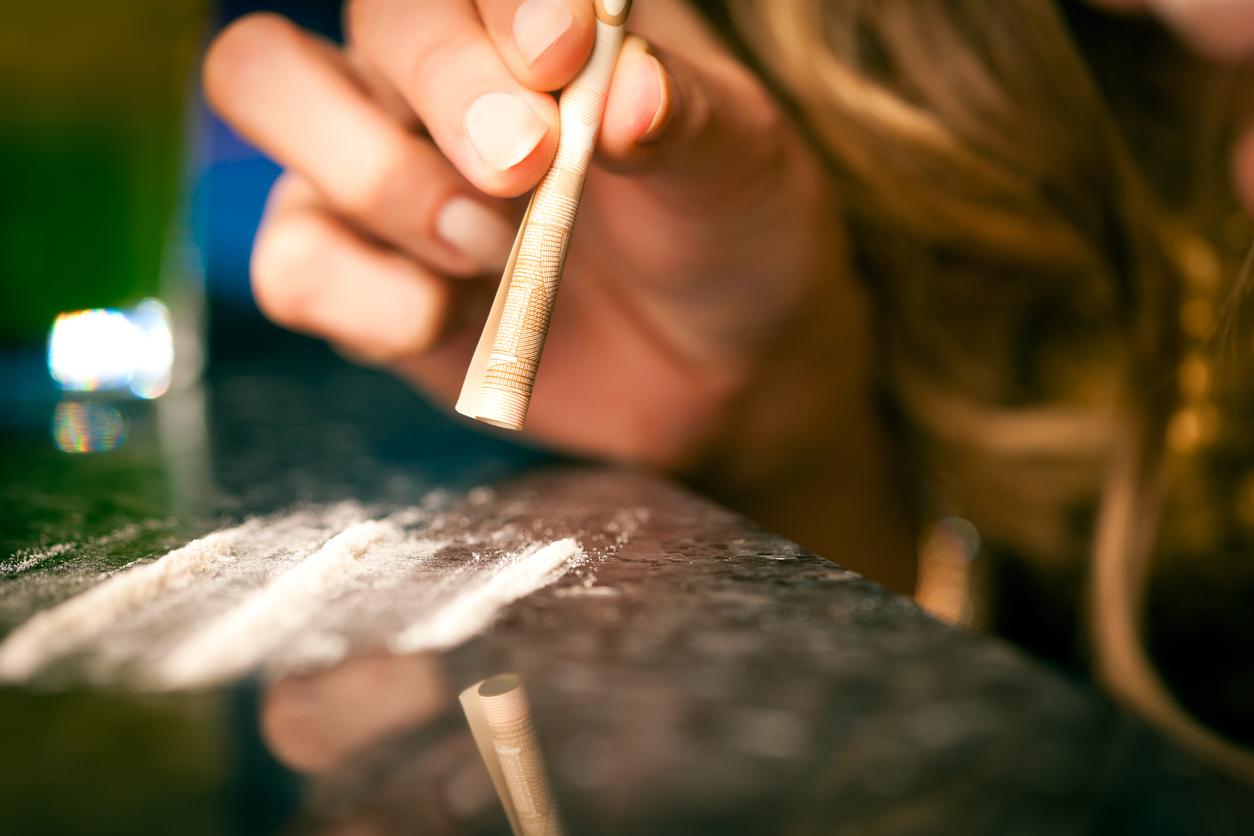6.4 million. This is the number of people in France potentially affected by a contamination of drinking water with tritium, according to the Association for the Control of Radioactivity in the West (ACRO). In a press release published this Wednesday, July 17 and taken back by The world, the laboratory based in the agglomeration of Caen denounces too high values of this pollutant in tap water, according to “data provided by the Ministry of Health”.
Thresholds not to be exceeded
“No value exceeds the quality criterion of 100 Bq / L (becquerel per liter) established by the health authorities”, is it nevertheless specified. This reference does not represent a health limit, but a threshold not to be exceeded. In which case, studies should be carried out to “characterize the radioactivity of water”, according to the Institute for Radiation Protection and Nuclear Safety (IRSN).
The World Health Organization (WHO) recommends “a guide value of 10,000 Bq / L for tritium in drinking water, to be considered in the event of permanent water consumption”. EDF thus argues that “the quantity of tritium in tap water is 170 times below the value not to be exceeded set by the WHO”. The company, questioned by The chained Duck, ensures compliance with the thresholds for radioactive releases.
Tritium, a “whistleblower”
But for ACRO, the presence of this pollutant released by nuclear power plants highlights a risk of contamination by other substances. Companies are authorized to discharge part of the water from industrial installations. Tritium represents 99.95% of this waste, says The chained Duck.
“Tritium is a ‘whistleblower’: in the event of a serious accident at one of the nuclear power plants on the Seine, the Vienne or the Loire, there will not only be the tritium released and millions of people are involved. who risk being deprived of drinking water “, explains the newspaper. The map published by the association thus points to a risk for nearly 268 municipalities, including Orleans, Blois, Tours, Angers, Nantes and 122 municipalities in Île-de-France.
“The authorities accept, for radioactive pollutants, levels of carcinogenic risk more than 100 times higher than the maximum tolerated for chemical carcinogens”, also alerts Criirad, another associative laboratory working on nuclear questioned by theAFP. “The limit for lasting contamination with tritium should not exceed 10 to 30 Bq / L”, she concludes.
Read also :
- Is your tap water polluted?
- Radioactivity: at what dose do the risks appear?















